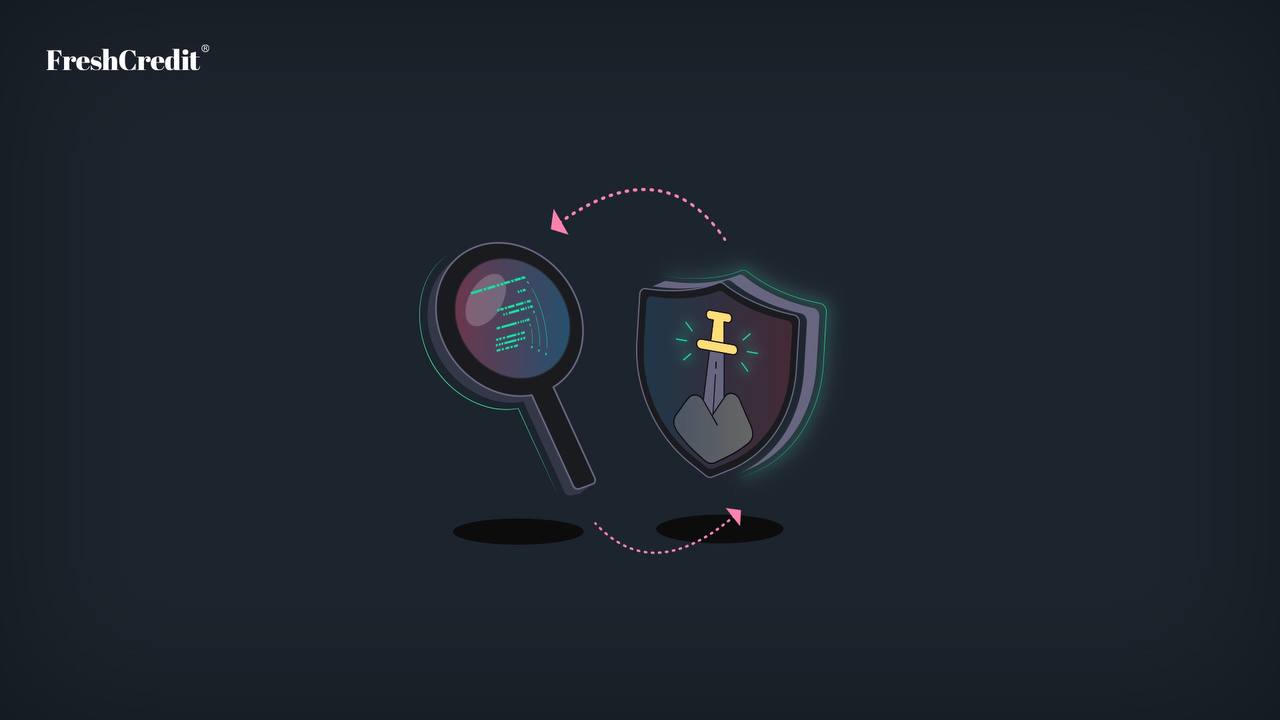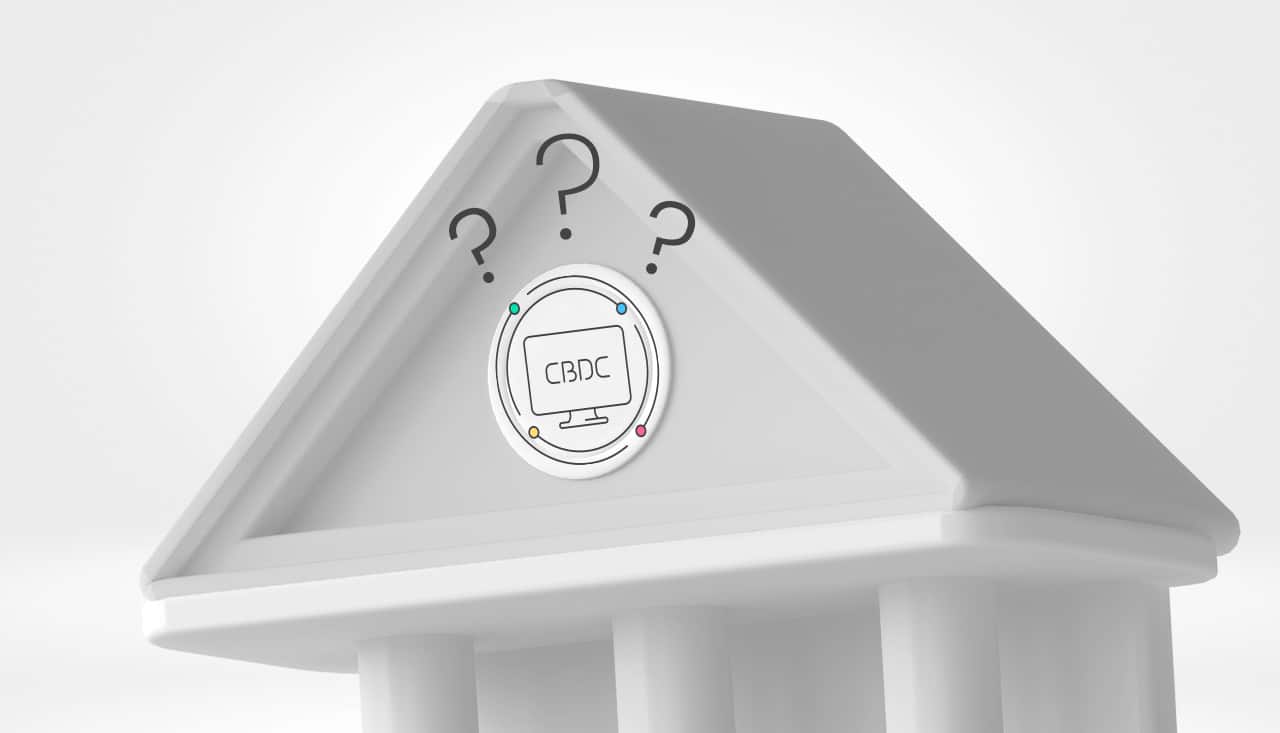
“Blockchain will transform the credit system by making data more secure, transparent, and accessible.”
Christine Lagarde, President of the European Central Bank
The credit scoring system is a fundamental aspect of modern finance, determining access to loans, mortgages, and other financial services. Traditional credit scoring models, however, are often criticized for their lack of transparency, inaccuracies, and exclusion of significant portions of the population. Blockchain technology offers a promising solution to these challenges by introducing greater transparency, security, and inclusivity. This blog post explores how blockchain is revolutionizing credit scoring and how FreshCredit is leveraging this technology to create a more equitable financial ecosystem.
The Limitations of Traditional Credit Scoring
Traditional credit scoring models, such as FICO in the United States, rely heavily on centralized data from a limited number of sources, primarily credit bureaus. This centralized approach presents several significant challenges:
Lack of Transparency
Credit scoring algorithms are often opaque, leaving consumers unaware of how their scores are calculated and what factors are considered. This lack of transparency can lead to confusion and frustration among borrowers who are denied credit without understanding why. A study by the Consumer Financial Protection Bureau (CFPB) found that many consumers struggle to comprehend their credit scores and reports, which hampers their ability to manage their credit effectively .
Inaccuracies and Errors
Credit reports are prone to errors, which can significantly impact an individual’s credit score. The Federal Trade Commission (FTC) reported that 20% of consumers have at least one error on their credit report that can affect their score . These inaccuracies can lead to higher interest rates or denial of credit, creating unnecessary financial hurdles for consumers.
Exclusion of Unbanked Populations
Traditional credit scoring systems often exclude individuals who do not have a history of using banking or credit products. According to the World Bank, approximately 1.7 billion adults worldwide are unbanked . These individuals are often left out of the financial system, unable to access essential financial services due to their lack of traditional credit history.
Data Privacy Concerns
Centralized databases are vulnerable to data breaches, which can expose sensitive personal information. The 2017 Equifax breach, which exposed the personal information of 147 million people, highlighted the risks associated with centralized data storage.
Blockchain as a Solution
Blockchain technology offers a decentralized, secure, and transparent alternative to traditional credit scoring systems. By leveraging blockchain, credit scoring can become more inclusive, accurate, and secure.
Decentralization
Blockchain operates on a decentralized network of nodes, reducing the risk of a single point of failure. This decentralization ensures that credit data is not controlled by a single entity, making the system more resilient and trustworthy .
Transparency
All transactions and data entries on the blockchain are visible to all participants. This transparency allows consumers to see how their credit scores are calculated and understand the factors that affect their scores . For example, blockchain can enable real-time tracking of credit-related activities, ensuring that consumers are always informed about their credit status.
Immutability
Once data is recorded on the blockchain, it cannot be altered or deleted. This immutability ensures that credit data is accurate and tamper-proof, reducing the risk of errors . Blockchain’s immutability can provide a reliable and unalterable record of financial transactions, enhancing the accuracy of credit scores.
Inclusivity
Blockchain can incorporate alternative data sources, such as utility payments, rental history, and peer-to-peer lending, to create a more comprehensive and inclusive credit scoring model. This can help include individuals who are traditionally excluded from the credit system. For instance, blockchain can enable the inclusion of non-traditional financial data, providing a more holistic view of an individual’s creditworthiness.
FreshCredit’s Blockchain-Based Credit Scoring System
FreshCredit is leveraging blockchain technology to revolutionize credit scoring. Our platform focuses on three main areas: decentralized data management, transparent scoring models, and inclusive credit assessment.
Decentralized Data Management
FreshCredit uses blockchain to decentralize credit data management. This approach ensures that credit information is securely stored across a network of nodes, reducing the risk of data breaches and unauthorized access.
- Example: By utilizing a decentralized ledger, FreshCredit can aggregate data from various sources, such as banks, utility companies, and peer-to-peer lending platforms, to create a holistic view of an individual’s creditworthiness . This decentralized approach enhances data security and reliability.
Transparent Scoring Models
FreshCredit employs transparent credit scoring models that allow consumers to understand how their scores are calculated. Our blockchain-based platform provides real-time visibility into the factors that influence credit scores.
- Example: Consumers can access their credit data and see the impact of specific actions, such as timely bill payments or new credit inquiries, on their scores. This transparency helps build trust and empowers consumers to take control of their financial health . By providing clear insights into credit score calculations, FreshCredit promotes financial literacy and empowerment.
Inclusive Credit Assessment
FreshCredit’s blockchain platform incorporates alternative data sources to assess creditworthiness. This approach helps include individuals who are traditionally excluded from the credit system, such as those without a formal banking history.
- Example: By considering rental payments, utility bills, and other non-traditional data, FreshCredit can provide credit scores for individuals who may not have a conventional credit history but demonstrate financial responsibility . This inclusive approach broadens access to credit, enabling more people to participate in the financial system.
Real-World Impact: Case Study
Consider the example of John, a young professional who has never taken out a loan or used a credit card. Traditional credit scoring models would struggle to assess John’s creditworthiness due to the lack of credit history. However, with FreshCredit’s blockchain-based platform, John’s timely rent payments, utility bills, and even his peer-to-peer lending transactions are recorded on the blockchain and used to calculate his credit score.
- Supporting Fact: A study by the World Bank highlights that including alternative data in credit assessments can significantly improve access to credit for underserved populations. FreshCredit’s inclusive approach ensures that individuals like John can access credit based on a comprehensive assessment of their financial behavior.
Impact on Financial Inclusion
Blockchain-based credit scoring models can significantly enhance financial inclusion by providing accurate and reliable credit assessments for individuals who are traditionally excluded from the credit system. This includes not only the unbanked but also those with thin credit files or non-traditional income sources.
- Supporting Fact: According to Accenture, blockchain technology has the potential to reduce the number of unbanked individuals by up to 20%, offering them greater access to credit and financial services . FreshCredit’s innovative approach aims to bridge the gap and create a more inclusive financial ecosystem.
The Future of Credit Scoring with Blockchain
The future of credit scoring is poised for transformation as blockchain technology continues to evolve. FreshCredit is committed to staying at the forefront of this revolution, continuously innovating and enhancing our platform to provide the best possible user experience.
User-First Innovations by FreshCredit
- User-Friendly Interface: Our platform is designed with a focus on ease of use, ensuring that users, regardless of their technical proficiency, can navigate and utilize our services effectively. The user interface provides clear instructions and intuitive navigation to facilitate a seamless experience.
- Educational Resources: We provide extensive educational resources to help users understand blockchain technology and its benefits. This includes tutorials, webinars, and customer support to assist users in making informed financial decisions.
- Community Engagement: FreshCredit actively engages with our user community to gather feedback and incorporate their suggestions into our platform. This collaborative approach ensures that our services continue to meet the evolving needs of our users.
Regulatory and Compliance Considerations
As blockchain technology continues to integrate into the credit scoring industry, regulatory and compliance considerations will play a crucial role. FreshCredit is dedicated to maintaining compliance with all relevant regulations to ensure the security and legality of our services.
- Example: By adhering to GDPR and other data protection regulations, FreshCredit ensures that user data is handled with the utmost care and confidentiality . Our commitment to compliance ensures that our platform meets the highest standards of data protection.
Impact and Future Outlook
The impact of blockchain on credit scoring is transformative. By providing a decentralized, transparent, and inclusive system, blockchain can revolutionize how creditworthiness is assessed. According to a report by PwC, blockchain technology could enhance the accuracy and reliability of credit scores, ultimately increasing access to credit for millions of individuals .
Furthermore, the adoption of blockchain in credit scoring is expected to grow. MarketsandMarkets projects that the blockchain market in financial services will reach $20 billion by 2025, driven by the increasing need for secure and transparent financial systems .
FreshCredit is committed to leading this transformation by continuously innovating and enhancing our platform to provide the best possible user experience. By focusing on decentralized data management, transparent scoring models, and inclusive credit assessment, we are building a financial ecosystem that is trustworthy, efficient, and inclusive.
Blockchain technology holds immense potential to revolutionize credit scoring by eliminating intermediaries, enhancing transparency, and ensuring data security. FreshCredit is at the forefront of this revolution, leveraging blockchain to create a more equitable and inclusive financial ecosystem. As we move forward, the adoption of blockchain in credit scoring will continue to grow, bringing us closer to a more trustworthy and reliable financial future.
FreshCredit’s user-first approach ensures that these advancements directly benefit our users, providing them with the tools and resources they need to confidently manage their finances. Join us on this journey to a more inclusive and transparent financial future.





























